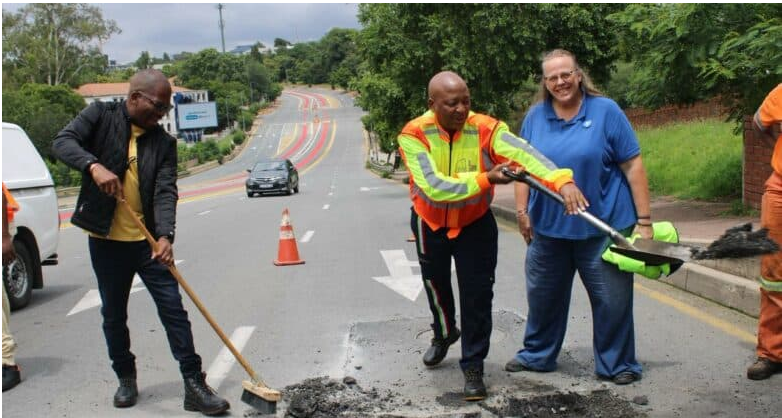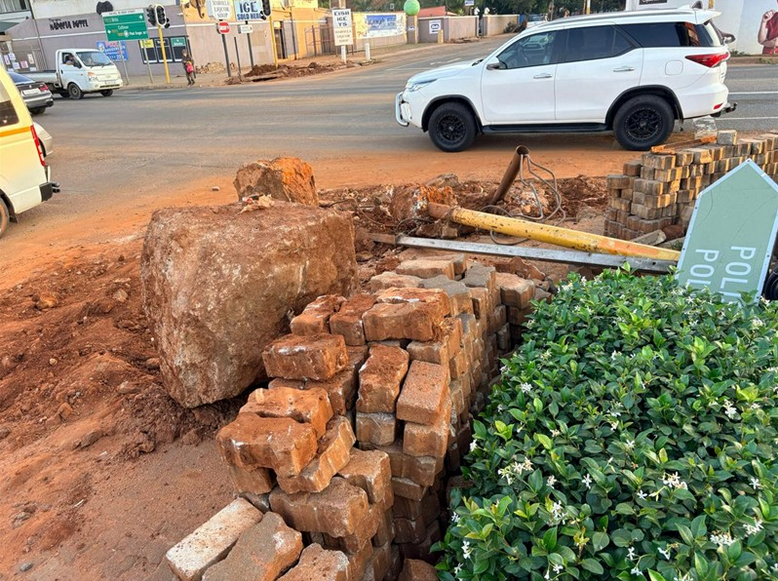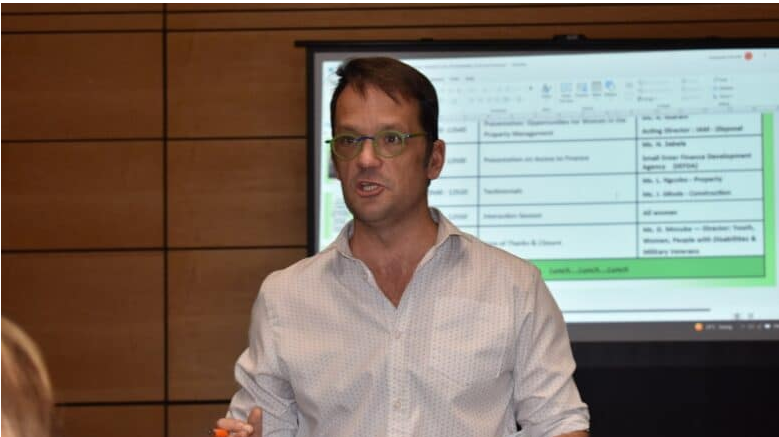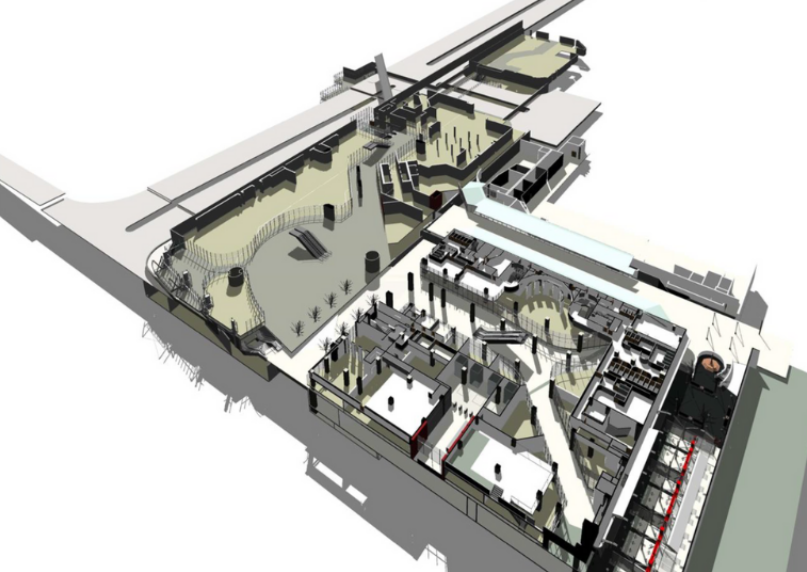R68 000 for each temporary housing unit, but MEC vows to account for every cent as KZN rebuilds

Advertising
26-04-2022
Read : 1294 times
News 24
Source
KZN's human settlements department insists it will not be awarding contracts for emergency housing to inexperienced contractors.
Giving money for housing to municipalities will be like throwing money down the drain, says Jomo Sibiya.
The temporary residential units will come at a cost of R68 000 each and will be connected to the grid, he adds.
The KwaZulu-Natal government has the gigantic task of finding temporary shelter for over 7 000 people and rebuilding 15 000 homes destroyed by torrential rains earlier this month.
Its first step was to reprioritise R1.2 billion from its housing budget from other projects, to urgently deal with the disaster.
As the desperation of flood victims cooped up in community halls and places of worship intensifies, the pressure to build temporary housing has increased.
With construction beginning on temporary units aimed at housing the most vulnerable affected by the floods, a cloud of suspicion over the government's emergency spending lingers.
For the MEC of housing in KwaZulu-Natal, Jomo Sibiya, the public scrutiny of how public funds are used for mass construction is justified.
Sibiya said it is for this reason that the funds - R1.2 billion - will be spent only through the provincial human settlements department, so that "every cent can be accounted for".
KwaZulu-Natal has a history of procuring shoddy public housing at a huge expense to the taxpayer.
And, given widespread corruption amid emergency procurement during the Covid-19 emergency, Sibiya and his colleagues in the provincial government are insisting that they have tightened access to the public purse.
A key pillar in avoiding inefficiency and corruption in public procurement of housing was not to give funds - usually hundreds of millions - to floundering municipalities.
"There is that sentiment that giving money to municipalities is throwing money down the drain. I can't run away from that. There is evidence that the municipality is underperforming, and the work done by the municipality is not of good quality."
He said they had decided the provincial government would be fully in charge of relief efforts, to keep a grip on funds.
Sibiya added: "It will start and end with us. We will account for every cent."
He conceded that the eThekwini municipality had a track record of failure in housing delivery and the government would not risk giving hundreds of millions to the troubled metro.
"Many people said if that money goes to the municipality, it will go down the drain. The municipality has failed to build houses in Cornubia," Sibiya said, adding they would not allow a repeat of that situation.
Four years ago, the eThekwini government committed to building 25 000 houses, but spats over who should be given the tender in the council led to not a single house being built for the last two years.
Sibiya said this was indicative of why the provincial government had to directly provide housing following the disaster.
He said the department would be strict on awarding contracts to provide temporary residential units for flood victims to experienced companies capable of delivering efficient services.
"Our officials are mandated to procure top quality service providers and companies with track records. No company should have been opened three months back and given a job because that company does not have experience. We want companies with experience who will deliver," he added.
While both the provincial and national government had tried in earnest to convince citizens they would do everything possible to avoid the looting of the public purse in rebuilding efforts, it has to get on with the job.
Premier Sihle Zikalala committed to building 4 396 temporary residential units during the next week to accommodate families displaced during the floods.
Sibiya said construction had begun, but revised the estimated units to around 2 000 within the next week.
The DA in the province, however, wants the details revealed.
The leader of the DA in the KwaZulu-Natal Legislature, Francois Rodgers, said the provincial government had a lot of questions to answer.
"Who is building these houses and at what cost? What process was used to appoint contractors? What kind of terrain will they be erected on and will they have proper services supplied? What emergency infrastructure systems will be in place, so that they are safe against future storms and flooding?" he said.
In detailing their plans to provide temporary shelter, Sibiya said flood victims left homeless would not be housed in temporary units made of corrugated iron.
Instead, the department insisted they be given dignity in temporary shelters that would come with connected electricity and at a cost of R68 000 each.
When asked about the cost implications of this, Sibiya said that flood victims deserved "decent housing".
"It will be decent temporary units, wired with everything. We will make sure there are facilities. They will be connected to the grid. It is not made out of corrugated iron."
He added that the government would begin by rehousing those staying in community halls.
Recent News
Here are recent news articles from the Building and Construction Industry.
Have you signed up for your free copy yet?









